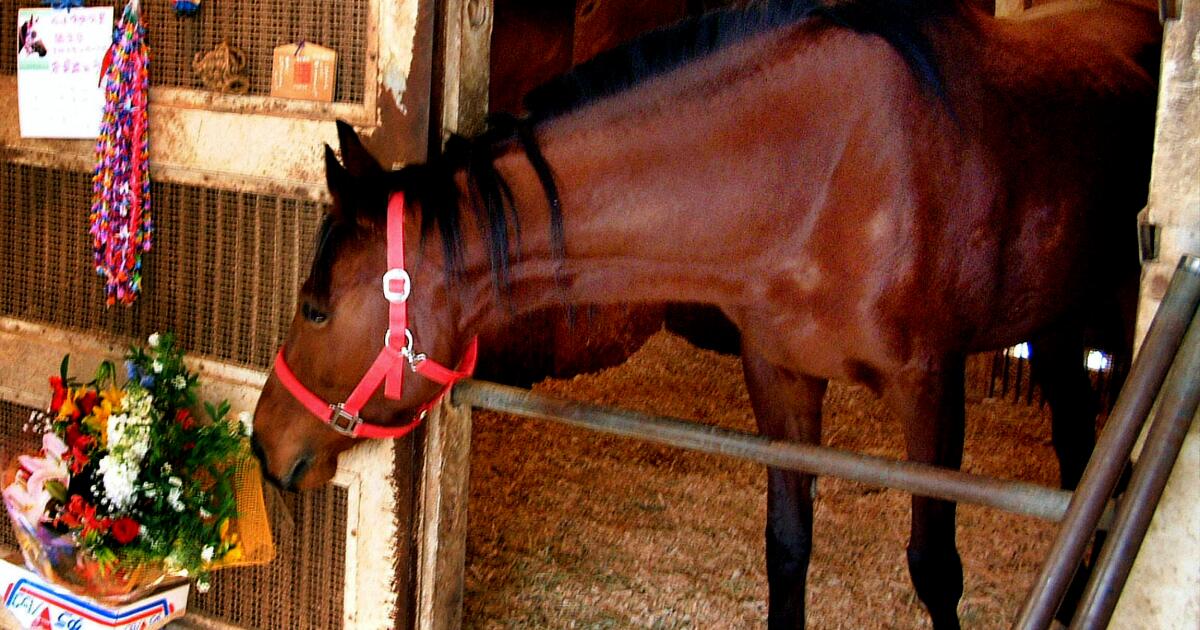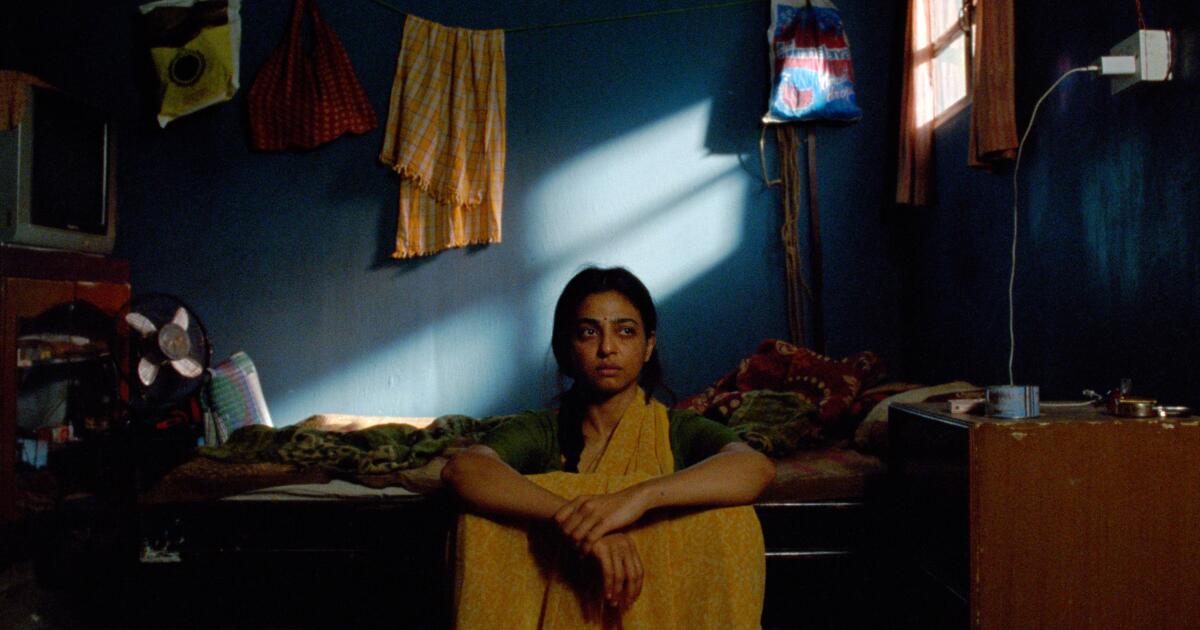Haru Urara dead: Racehorse inspired ‘Uma Musume’ character
Haru Urara, the mare who won over horse racing enthusiasts in Japan and abroad with her perpetual losing streak, has died. She was 29.
Yuko Miyahara, a representative for Urara’s longtime care facility Matha Farm in the southeast Chiba prefecture of Japan, confirmed to Japanese outlet Friday Digital that the animal athlete died early Tuesday of colic. She was surrounded by staff.
“Urara was 29. In human years that’s almost 90, but really, until yesterday she was doing really well,” Miyahara said in the article, which was translated to English. “It was so sudden … lately Uhara was getting visitors even from outside Japan. It’s really unfortunate.”
The horse, whose name translates to Glorious Spring, debuted in 1998 at the Kochi Racecourse. The track advertised its resilient star’s losing streak as part of its efforts to stay in business. Urara’s reputation — bolstered by her signature pink racing accessories and fan merchandise — breached the perimeters of the Kochi racetrack and made her a global phenomenon. In 2004 former Japanese Prime Minister Junichiro Koizumi even expressed his support for the mare.
“I’d like to see Haru Urara win, even just once,” Koizumi said. “The horse is a good example of not giving up in the face of defeat.”
Trained by her longtime trainer Dai Muneishi, Urara kept racing — she lost a total of 113 races and finished second in only four of those — until her retirement in August 2004. Her owner at the time parted ways with the Kochi racetrack and Urara disappeared for several years after her retirement. Since 2014 she had been receiving care at Matha Farms.
Her career and unexpected global fame were the subject of the 2016 ESPN documentary “The Shining Star for Losers Everywhere.”
“At the time, Haru Urara must have been a star of hope for the losers,” trainer Muneishi said in the documentary.
Interest in Urara’s legacy of losing and resilience reignited earlier this year with the global release of the mobile game “Uma Musume: Pretty Derby” in June. “Uma Musume,” initially released in Japan in 2021, is a racing simulator that re-imagines real-life racehorses as anime horsegirls. Players are “trainers” who support racers, leveling them up to climb the ranks. In the video game, Haru Urara is a horsegirl whose features are various shades of pink. Her character is also featured in the “Uma Musume: Pretty Derby” anime series.
The game’s official X (formerly Twitter) account shared the news of the racehorse’s death “with heavy hearts” and mourned the “legendary” athlete.
“We share our condolences to all the staff involved in Haru Urara’s care,” the post said.
Times staff writer Tracy Brown contributed to this report.

